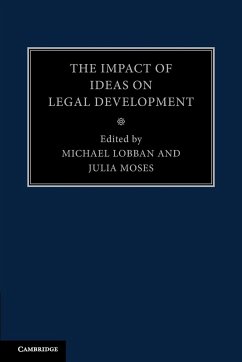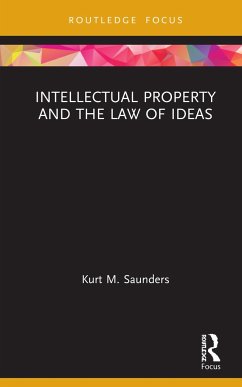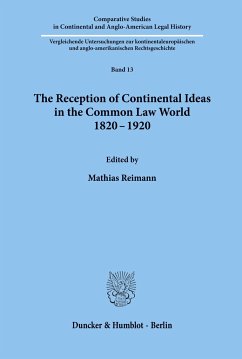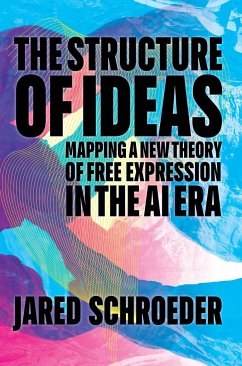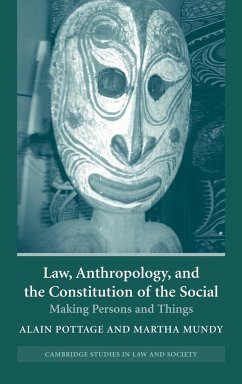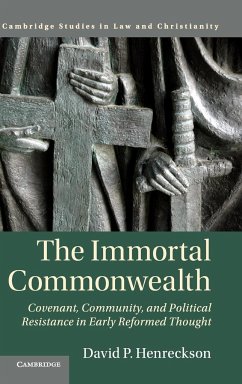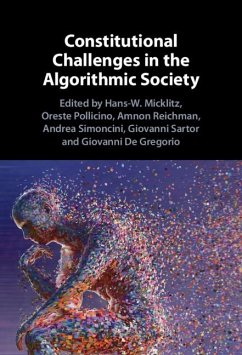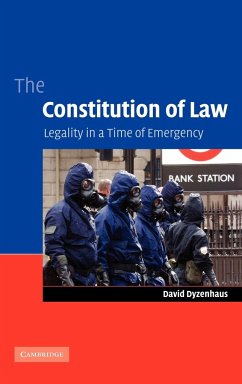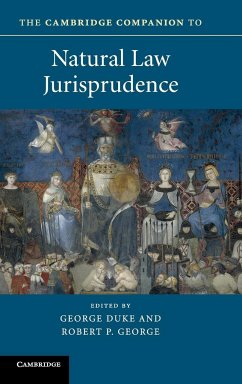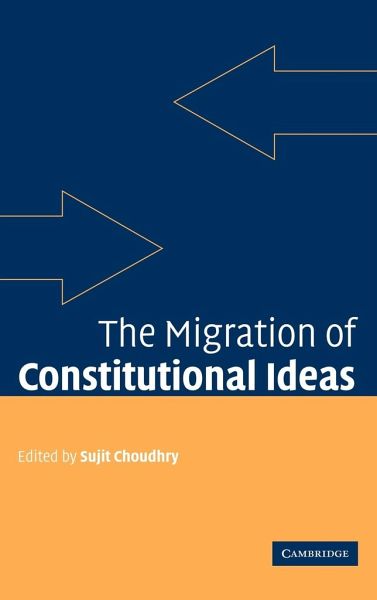
The Migration of Constitutional Ideas

PAYBACK Punkte
74 °P sammeln!
The migration of constitutional ideas across jurisdictions is rapidly emerging as one of the central features of contemporary constitutional practice. The increasing use of comparative jurisprudence in interpreting constitutions is one example of this. In this book, leading figures in the study of comparative constitutionalism and comparative constitutional politics from North America, Europe and Australia discuss the dynamic processes whereby constitutional systems influence each other. They explore basic methodological questions which have thus far received little attention, and examine the ...
The migration of constitutional ideas across jurisdictions is rapidly emerging as one of the central features of contemporary constitutional practice. The increasing use of comparative jurisprudence in interpreting constitutions is one example of this. In this book, leading figures in the study of comparative constitutionalism and comparative constitutional politics from North America, Europe and Australia discuss the dynamic processes whereby constitutional systems influence each other. They explore basic methodological questions which have thus far received little attention, and examine the complex relationship between national and supranational constitutionalism - an issue of considerable contemporary interest in Europe. The migration of constitutional ideas is discussed from a variety of methodological perspectives - comparative law, comparative politics, and cultural studies of law - and contributors draw on case-studies from a wide variety of jurisdictions: Australia, Hungary, India, South Africa, the United Kingdom, the United States, and Canada.





